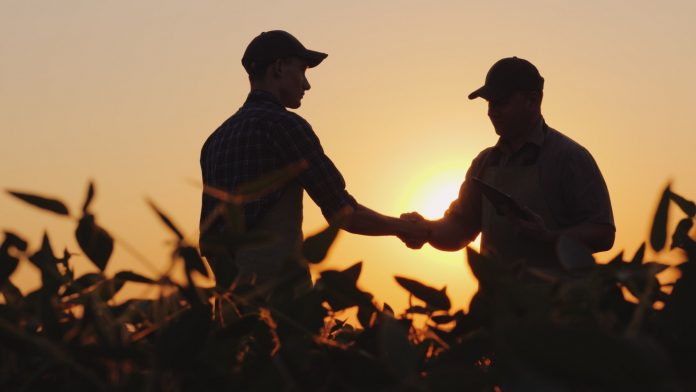Today, Australia’s food and agribusiness sector produces enough food to feed four-five times our population. The sector plays a crucial role in turning our comparative advantage of growing agricultural produce into competitive Australian-made food and beverages to feed the projected 10 billion people by 2050.
With FIAL’s help, the sector grew almost 80% between 2015 and 2023, contributing 4.2% to Australia’s gross domestic product. Food and beverage manufacturing continues to remain our largest manufacturing sector at 52.5% of total manufacturing Gross Value Added, accounting for 65.4% of all jobs.
These results are part of FIAL’s newly released Final Impact Report. The eight-year Industry Growth Centre was funded under the Commonwealth Department of Industry, Science and Resources to foster cultural change in the sector and create jobs by overcoming barriers to productivity and competitiveness, where economic growth can be maximised.
FIAL Chair Professor Roy Green notes that FIAL received $45.96M of funding over eight years and almost one-third was invested in co-matched innovation projects.
“This was not just a government handout. In fact, over 167 businesses, mostly SMEs, contributed $17.55M of their own funds to commercialising new food and beverage products. Of the 555 new products commercialised, 28 were first-to-the-world innovations.
“An ACIL Allen analysis found these businesses contributed $231.7M to the Australian economy, with over $180M of capital investments to grow future food production.
“This work estimates that employment generated from our innovation grants was 1481 FTE jobs in 2021-2022 alone.”
FIAL Managing Director Dr Mirjana Prica says that for every dollar of Commonwealth funds invested in innovation activities, there was a return on investment of 14.9 of direct and indirect benefits.
“With high demand for what we grow and produce, FIAL also helped over 500 export-ready businesses by connecting them to 8 international markets contributing to total export sector growth of 61.3% from 2015-23.
“We led 18 Australian stands at major international trade shows across these markets, with 70% of the Australian businesses who joined us exporting for the first time.
“We built a network of over 8,000 stakeholders and 12 regional clusters that used our six Sector Competitiveness Plans, 75 papers and technical insights, 420 case studies, and seven innovation books to guide their path forward for value-adding to what we grow or produce.
“Our leadership in developing a roadmap to halve Australia’s food waste by 2030 identified the hotspots for waste and environmental impacts that are helping governments and the private sector support net zero emission targets.
“FIAL’s focus on micro and SMEs is essential to our economy as they are innovative, agile, nimble, and niche market focused, and the engine machines of the food and agribusiness sector.
“I am incredibly proud of FIAL’s achievements and honoured to have led a small team that has established the foundations for future business growth.”
Professor Green says it has been a privilege to Chair FIAL as the organisation transitioned from an Industry Growth Centre (with Commonwealth funding ending) to an independent, industry-led, and not-for-profit that will continue to support the growth of the sector.
“I know there are exciting times ahead for FIAL and Australia’s food and agribusiness sector.”





